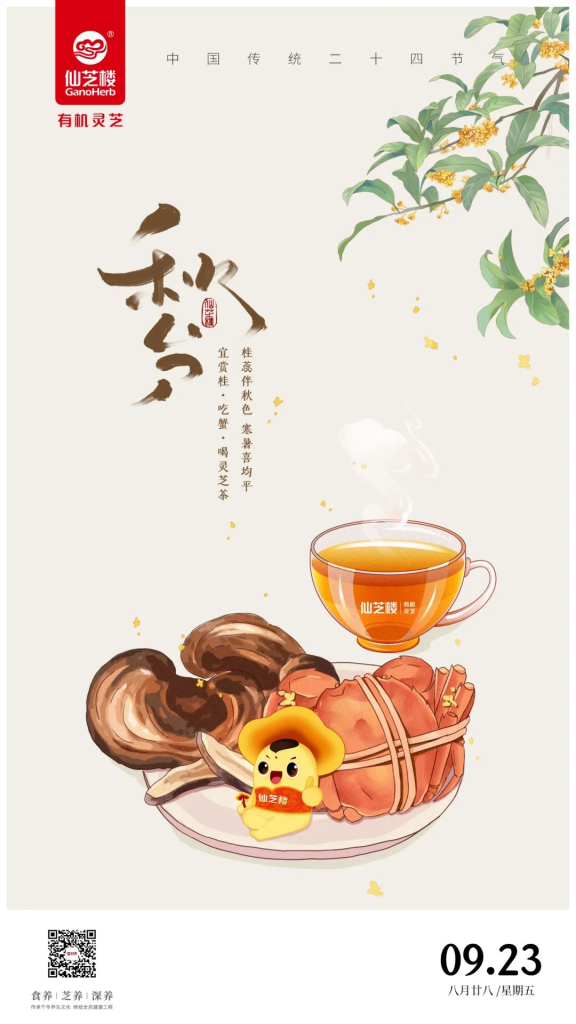
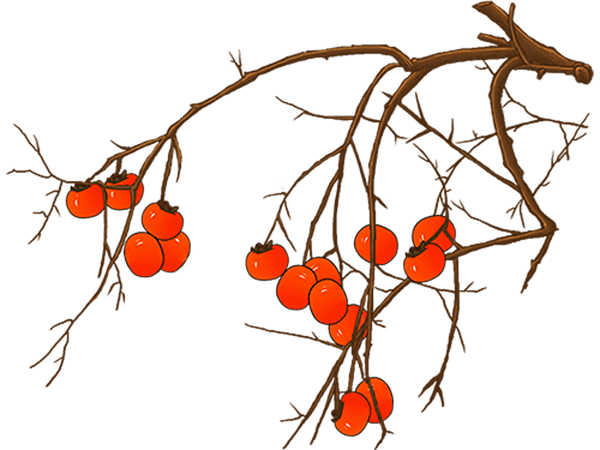
Autumn Equinox lies at the midpoint of autumn, dividing autumn into two equal parts. After that day, the location of direct sunlight moves to the south, making days shorter and nights longer in the northern hemisphere. The traditional Chinese solar calendar divides the year into 24 solar terms. Autumn Equinox, (الصينية: 秋分), the 16th solar term of the year, begins this year on Sept 23 and ends on Oct 7.
After the autumnal equinox, the temperature in various places turns from hot to cool, and the bursts of autumn wind bring more and more obvious coolness. في نفس الوقت, the autumn equinox is also a good time for harvest, and people enjoy the joy of harvest!
After the autumn equinox, the cold air begins to become more active, and the temperature drops significantly faster, which can be described as “A spell of autumn rain, and a spell of cold”.
The average daily temperature in the Yangtze River Basin in China has dropped as a whole, entering a true autumn.
It’s time to enjoy the sight of osmanthus and eat crabs.
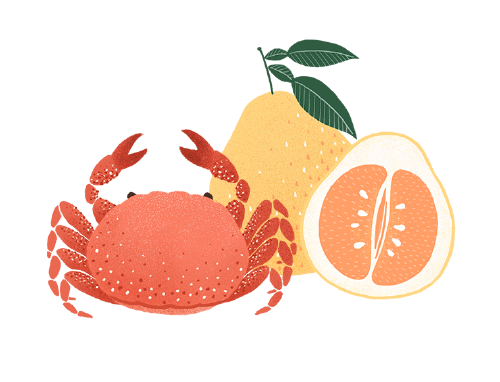
The eighth month of the lunar calendar is elegantly called “Osmanthus Month". The autumnal equinox is the time when osmanthus flowers smell fragrant and the time when hairy crabs are on the market. People enjoy the sweet-scented osmanthus flowers and eatcrab meat في نفس الوقت, which is a great pleasure.
The autumn equinox diet should focus on moistening dryness.
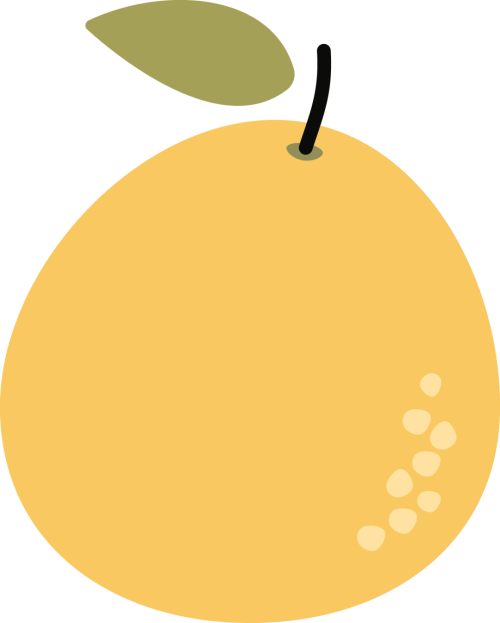
After the autumnal equinox, the temperature gradually drops and the precipitation decreases. Autumn dryness is gradually approaching, and attention should be paid to strengthening the spleen and engendering liquid in the diet.
Nourish the spleen and fortify the stomach
As the climate gets cooler, the spleen and stomach are prone to illness. People with chronic gastritis and poor spleen and stomach functions should pay special attention to keeping the stomach warm.
فضلاً عن ذلك, some traditional Chinese medicines that nourish the spleen and stomach such as ريشي, Dioscorea, thin cinnamon bark and astragalus can be added to the daily diet.
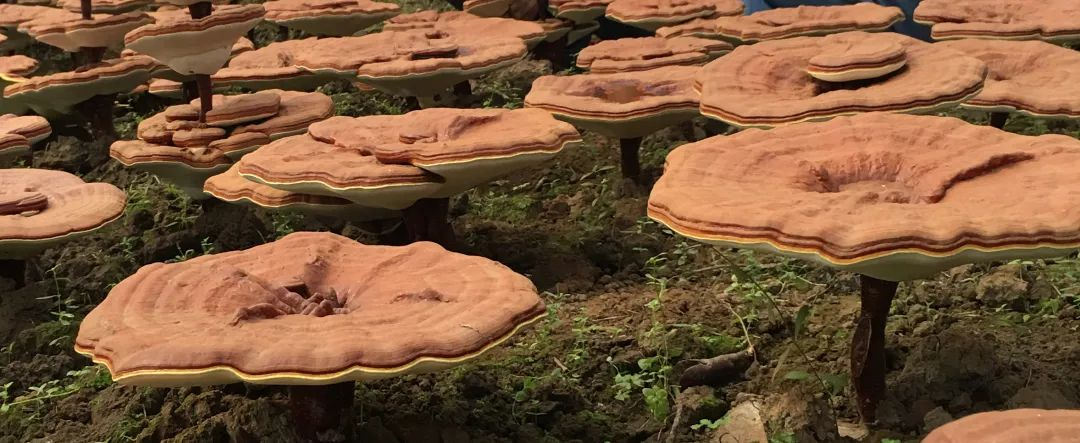
ريشي nourishes the lungs and supplements the Qi of the five internal organs
خلاصة المواد الطبية يسجل ذلك غانوديرما لوكيدوم يدخل خطوط الطول الخمس (ميريديان الكلى, ميريديان الكبد, ميريديان القلب, الطحال ميريديان, lung meridian) and can supplement the Qi of the five internal organsy.
In the book Lingzhi from Mystery to Science, the author Zhi-Bin Lin also introduced a Reishi Lung-Supplementing Decoction (20ز من غانوديرما لوكيدوم, 4g of Sophora flavescens, 3g of Licorice) for the treatment of patients with mild asthma. بعد العلاج, the main symptoms of the patients were significantly improved.
غانوديرما لوكيدوم has immunomodulatory effects, which can improve the imbalance of the proportion of T cell subsets in asthma and inhibit the release of allergic mediators. Sophora Flavescens has anti-inflammatory and anti-allergic effects, which can reduce airway hyperreactivity in asthma patients. Licorice has antitussive, expectorant and anti-inflammatory properties. The combination of the three medicines has a synergistic effect.
مصدر, لينجزيFromMystery لسcience, P44~P47
Moisten dryness and replenish water
Eat more warm-natured food. You can take sesame, walnut, glutinous rice and honey to nourish the lungs from the inside out. Also, make sure to drink plenty of water.
ريشي, honey and white fungus soup moistens the Lung, suppresses
cough and dispels autumn dryness.
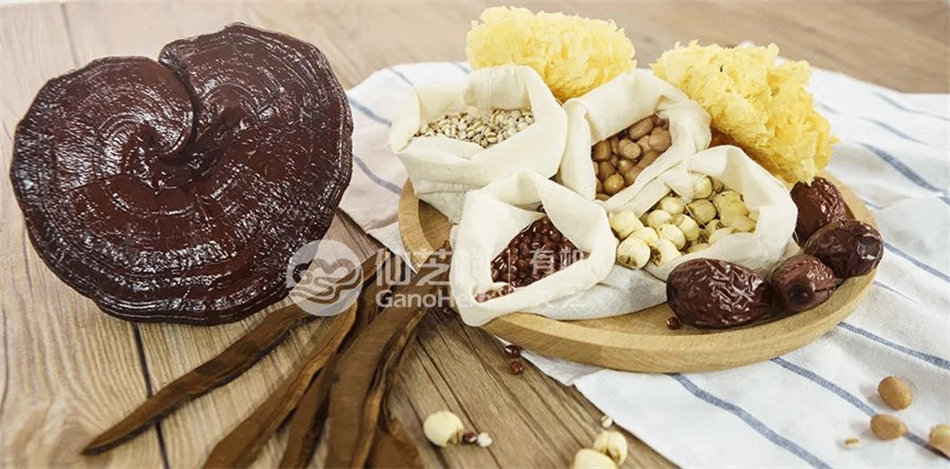
Main ingredients: 4ز منغانوديرما سينينس slices, 10g of white fungus, غوجي التوت, مواعيد حمراء, بذور اللوتس والعسل
طريقة: Shred the soaked white fungus and put it in the pot with غانوديرما سينينس slices, بذور اللوتس, غوجي التوت, مواعيد حمراء. Cook them in low heat for 1 hour, and then season with honey.
Autumnal equinox health is mildness-oriented.
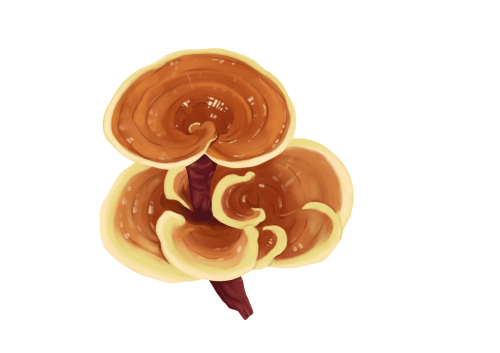
The autumn equinox health care especially pays attention to the word “mildness”, which pays attention to tonifying and nourishing the body in a mild way to balance the changes of yin and yang in the body.
Keep early hours
During the autumnal equinox, the yang qi of the human body changes from the outward diffusion in summer to the inward astringing, showing a trend of weakening yang qi and increasing yin qi.
TCM health care emphasizes the principle of “nourishing yin in autumn and winter”. The habit of keeping early hours is also the key to ensuring the balance of yin and yang in the human body.
جlick teeth and swallow saliva
Traditional Chinese medicine believes that cooling dryness is most likely to damage lung yin and cause liquid and qi depletion. Autumn exercise focuses on boosting the lungs and moistening dryness. You can moisten dryness by clicking teeth and swallowing saliva.
The specific method is that when you wake up in the morning, close your eyes and click your teeth 36 times, and then slowly swallow your saliva.
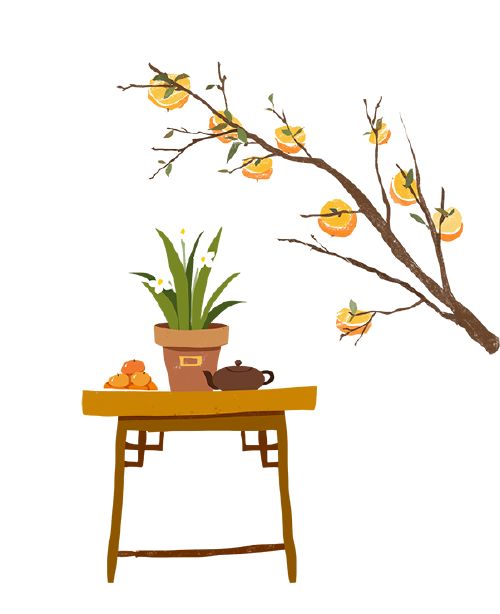
Perhaps at the autumn equinox, sit quietly, exhale and inhale orderly, and free your mind from worries, which brings you coziness.



